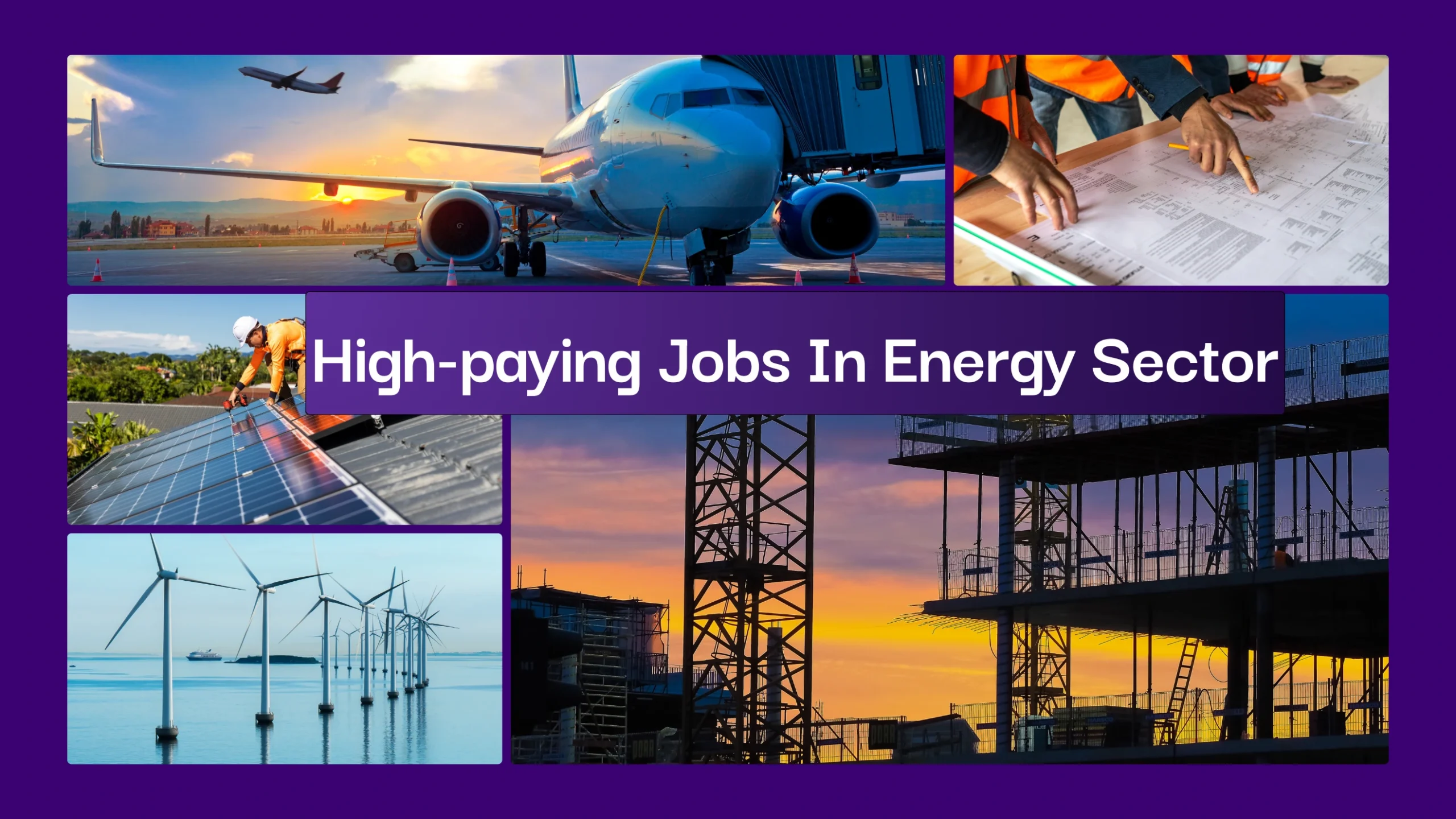With the Suez Canal facing frequent threats, major shipping lines are rerouting vessels, causing delays and increasing transportation costs. But what does this global trade shift mean for job seekers in the Middle East.
The impact goes beyond trade logistics—it’s reshaping employment trends across construction, energy, finance, IT, and pharma. While certain industries face temporary disruptions, others are discovering new pathways for innovation and growth.
1. Construction Sector: Adapting and Advancing
Despite supply chain bottlenecks, the Middle East’s construction sector remains resilient. Major economies like Saudi Arabia and the UAE continue to drive forward their Vision 2030 initiatives, fueling infrastructure and urban development projects. This commitment translates into ongoing demand for skilled professionals in project management, architecture, civil engineering, and skilled trades
The global trade shift is also encouraging construction firms to localize supply chains, creating opportunities in procurement, planning, and logistics. This evolution highlights the sector’s adaptability and long-term stability.
2. Energy Sector: Recalibration and Resilience
In the energy sector, particularly renewables, strategic recalibration is underway. While increased shipping costs may delay certain equipment deliveries, regional governments remain firmly invested in sustainable energy. This transition is creating a strong demand for solar engineers, energy analysts, technicians, and project managers.
Meanwhile, traditional oil and gas industries are adjusting to new export routes and localized supply network, resulting in continued recruitment efforts across the board.
3. Finance Sector: Navigating with Foresight
As trade routes evolve, financial institutions are stepping up to manage associated risks and market volatility. Professionals in financial analysis, trade finance, risk management, and compliance are now more crucial than ever.
Fintech startups are also gaining momentum by offering agile, tech-driven solutions to stabilize markets and support businesses through uncertainty, making this a promising sector for job growth.
4. IT Sector: Enabling Adaptation Through Technology
Technology plays a pivotal role in adapting to trade disruptions. From AI-based supply chain optimization to real-time shipment tracking, IT professionals are enabling businesses to become more resilient.
Roles in software development, cybersecurity, cloud infrastructure, and data analytics are increasingly in demand. As companies digitize operations to stay competitive, the IT sector continues to see robust hiring across the region.
5. Pharma Sector: Building Supply Chain Independence
The pharmaceutical industry, heavily reliant on global trade, is investing in local manufacturing and research facilities to reduce dependence on international suppliers. This strategic shift is a direct response to the global trade shift and is creating a variety of job opportunities.
Increased hiring in quality assurance, clinical research, production supervision, and logistics coordination is expected as the industry enhances local capabilities.
Turning a Global Challenge into a Regional Opportunity
The global trade shift may bring complexities, but it also opens doors for transformation across the Middle East’s job market. Governments and businesses are responding with agility, fostering innovation and localized solutions
For job seekers, this is a time of opportunity. By aligning with sectors that are adapting and thriving, and by continuously upskilling, professionals can position themselves at the forefront of regional growth.
Whether you’re in construction, energy, finance, IT, or pharma, the landscape is changing—and those who adapt will shape the future of work in the Middle East.
Stay informed. Stay skilled. Keep Exploring.



